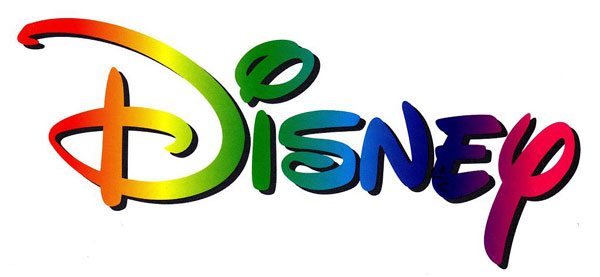
November 7, 2017; Boston Globe
As political and corporate motivations muddy the public’s access to information, the environment for journalists and the press grows increasingly hostile. Earlier this week, NPQ ran a story on the closing of Connecticut’s CT-N, which airs state legislative sessions and public hearings. Connecticut’s governor expressed concerns that the drastic state budget cuts that led to its closing were a thinly disguised legislature move to restrain “editorial liberty.” Also making headlines last week was the closing of DNAInfo and Gothamist immediately following the journalists’ vote to unionize.
On Tuesday, the Walt Disney Company reversed its recent decision to bar critics from the Los Angeles Times from attending press screenings amid growing backlash from journalists and film critics. Disney shut out the L.A. Times news outlet after it published an investigative report on the company’s relationship with the city of Anaheim, home to its Disneyland resort. The report detailed potentially oversized subsidies and incentives Disney receives, as well as the corporate giant’s influence on local elections.
Disney, stating the report “showed a complete disregard for basic journalistic standards,” quickly moved to bar L.A. Times film critics from the early access to its movie premieres they’d need to write film reviews. This act drew immediate and strong reactions from major news outlets, including the New York Times, the Boston Globe, and the A.V. Club. Celebrities and journalists, including director Ava DuVernay, CNN anchor Jake Tapper, and Washington Post film journalist Alyssa Rosenberg took to Twitter to voice their support of the Times. Prominent film critic associations released a joint statement on Tuesday saying that until the ban was lifted, Disney films would not be considered for year-end awards:
Sign up for our free newsletters
Subscribe to NPQ's newsletters to have our top stories delivered directly to your inbox.
By signing up, you agree to our privacy policy and terms of use, and to receive messages from NPQ and our partners.
Disney’s actions, which include an indefinite ban on any interaction with the Times, are antithetical to the principles of a free press and set a dangerous precedent in a time of already heightened hostility toward journalists.
The response to Disney’s blacklisting demonstrates an intolerance and coordinated resistance to suppressing information that’s in the public interest—as well as to the corporate strong-arming that, ironically, is part of what Disney wanted to refute in the L.A. Times piece.
Rosenberg seemed to sum up the general sentiment behind the press response. “I like a lot of movies that come out of the Disney corporate behemoth,” she writes, “But I like journalistic independence from corporate influence more. This is a fine price for me to pay for it.”—Danielle Holly













